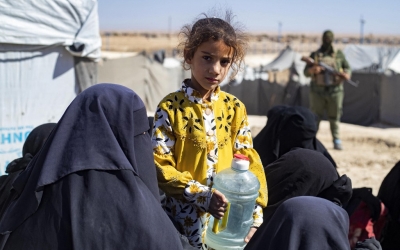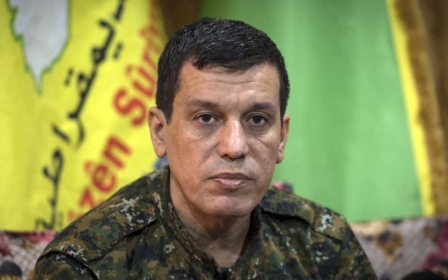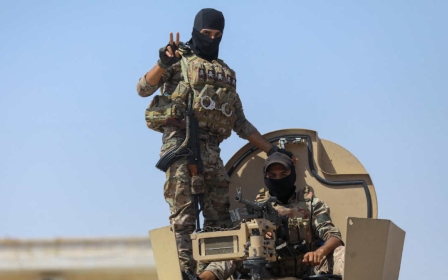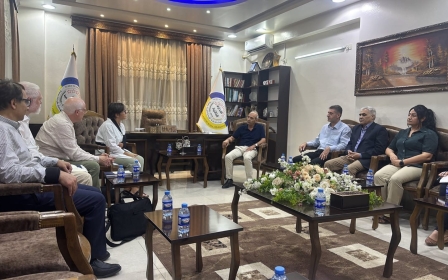US looking to repatriate family of 10 from Kurdish run camps in Syria: Report
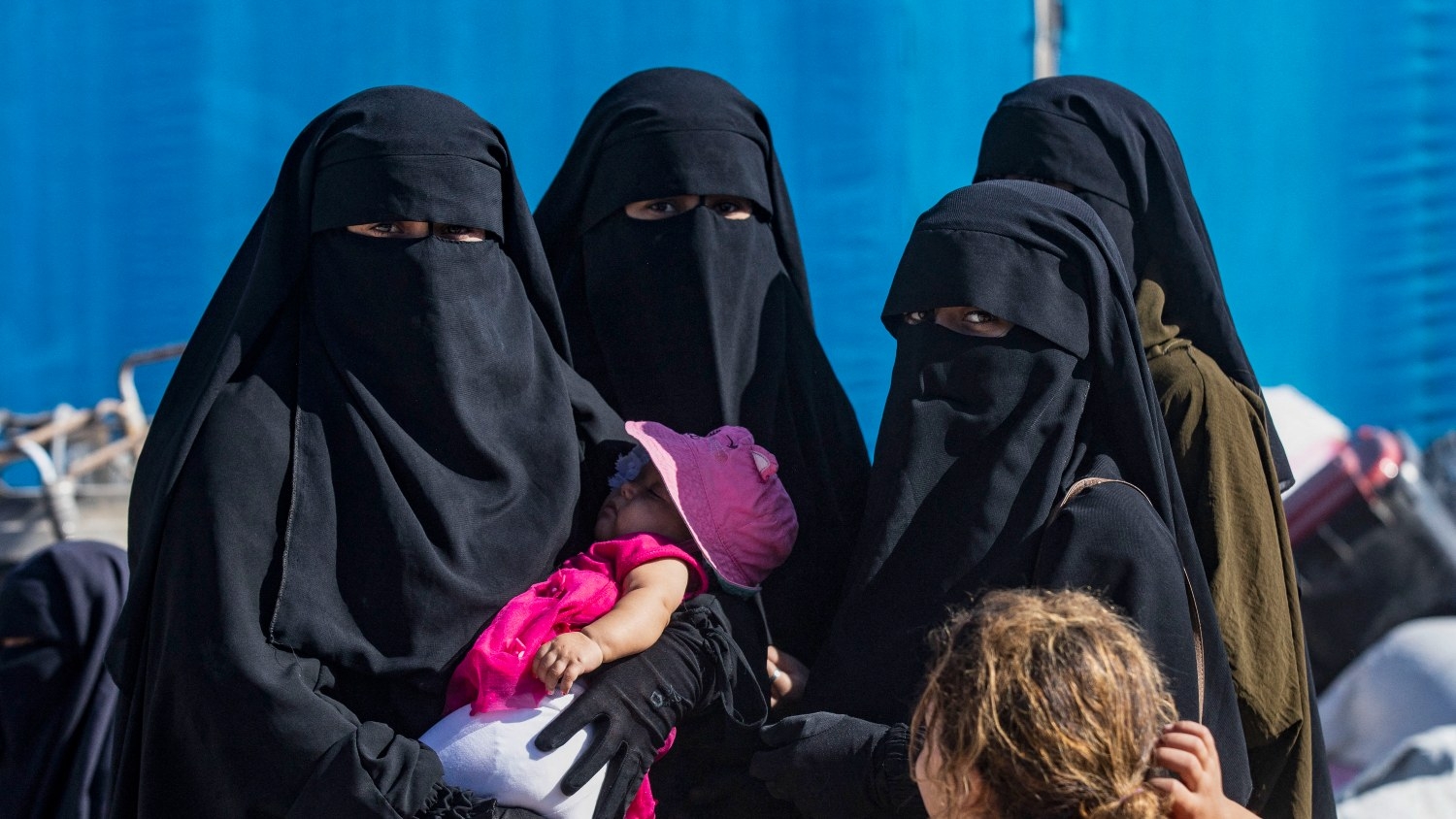
The US State Department is working to repatriate a family of 10 that is currently being held in a detention camp in northeast Syria by Kurdish-led forces, The New York Times has reported, citing American officials.
The family consists of Brandy Salman, 49, and her nine children. The newspaper reported that the children range in age from six years old to 25. All of them appear to have been born in the US, according to the report.
In 2016, it seems that Salman's husband had taken her and the children to territory then controlled by the Islamic State (IS) group, and he was later killed.
If the transfer takes place, it would be the largest group the US has brought back from the camps in Syria. The US has previously called on other countries, especially in Europe, to repatriate its citizens held in these camps, so it was unclear to Human Rights Watch why this family was not repatriated sooner.
"It’s great that the US is acting to take back this family, but why did it take so long given the horrific conditions that these US citizens were subjected to?" Letta Taylor, a researcher at Human Rights Watch, told The New York Times.
New MEE newsletter: Jerusalem Dispatch
Sign up to get the latest insights and analysis on Israel-Palestine, alongside Turkey Unpacked and other MEE newsletters
"That’s a question that deserves an answer from the US government."
One State Department official told the newspaper that it is difficult to "definitively identify" who is in Syria and whether they are American, but whenever a US citizen is found, "we work as fast as we can to get them out".
The State Department told Middle East Eye that the US has repatriated 40 citizens since 2016, 25 children and 15 adults, from the camps in Syria.
"Repatriation is the only durable, long-term solution to the humanitarian and security situation in northeast Syria," a State Department official told MEE.
"The United States urges countries of origin to repatriate, rehabilitate, reintegrate, and prosecute and incarcerate, where appropriate, their nationals from detention facilities and displaced persons camps in northeast Syria."
According to Human Rights Watch, an estimated 23,000 children, who are not originally from Iraq and Syria, are being held by the Kurdish-led Syrian Democratic Forces (SDF) in indefinite detention based on their alleged links to IS.
The repatriation of western nationals from northern Syria has been politically contentious in countries such as France, Canada, Australia, and the UK, where officials have cited national security concerns when arguing against the returns.
'Snatching' boys from their mothers
According to one of Salman's sons, the family was taken into custody in Baghuz, and camp guards separated him from his mother under a contentious policy of separating young boys from their mothers.
In July, UN special rapporteur Fionnuala Ni Aolain visited the camps and said that hundreds of boys were being "snatched" from their mothers by the SDF.
Speaking after a six-day trip to northeast Syria, where she became the first UN expert to gain access to al-Hol and al-Roj camps, Aolain said the "cradle to the grave detention" of children was in violation of international law and was occurring without any "legal procedure".
"The thing I will say that concerned me the most and my team the most as we visited northeast Syria was the mass indefinite and arbitrary detention of children, particularly boys, in various types of facilities," said Aolain.
"This systematic practice of enforced separation... is in clear violation of international law."
SDF officials told the UN expert that the boys were removed for various reasons - including "predatory sexual behaviour, extremist ideology, or protection for such boys from unwanted sexual activity".
Middle East Eye delivers independent and unrivalled coverage and analysis of the Middle East, North Africa and beyond. To learn more about republishing this content and the associated fees, please fill out this form. More about MEE can be found here.


